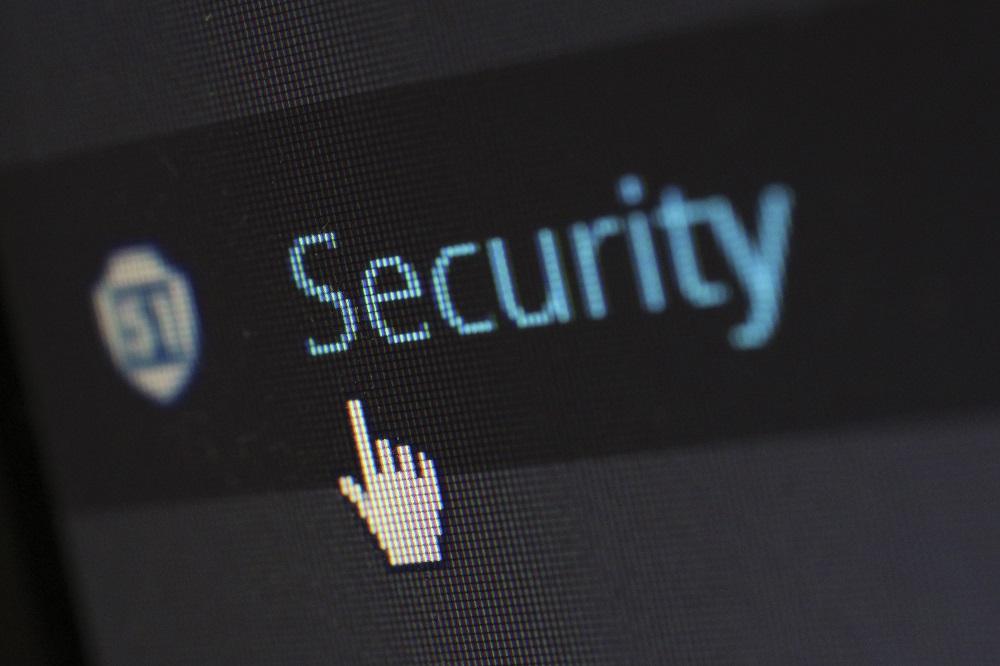By Carolyn Just, NTCA PR Manager
Every October, National Cybersecurity Awareness Month raises the profile of cybersecurity as a personal and professional best practice. All month long, participants share tips and tricks to increase cybersecurity and stay cyber safe. But after the trick or treaters head home, cyber awareness sometimes fades. Cyber criminals do not. Therefore, as National Cybersecurity Awareness Month draws to a close, I want to offer 10 cybersecurity tips for businesses to follow throughout the year.
- Update, update, update
- Apply the latest software updates provided by manufacturers and vendors – this includes all devices and installed apps. Use the “automatically update” option where available.
- 2 is better than 1
- Use two-factor or multi-factor authentication (2FA/MFA) for safer logins on all employee devices. Using 2FA is one of the top three things that security experts do to protect their security online, according to a Google survey.
- Don’t take the bait
- Be sure to educate employees on signs of a phish and deploy filters that detect and block spam mail. As a primary step, check for obvious signs of phishing: poor spelling and grammar, low quality versions of a logo, and/or questionable sender addresses.
- Back it up
- Back up your data regularly and store it in the cloud. This means the data is stored in a separate location where you can access it quickly, from anywhere and alleviates the inconvenience of data loss in the case of a ransomware attack.
- Be prepared
- Create an incident response plan (in writing!) so that if/when a data breach does occur employees know their roles and responsibilities and are properly trained to respond.
- (Don’t) Always Change Your Password
- Changing passwords on occasion is a good policy. However, the FTC states that frequent mandatory changes can force employees to simplify their passwords or worse, write them down. Instead, encourage employees to make passwords stronger.
- Crumble Your Cookies
- Browser cookies are easy to forget about but can become a security liability. They contain small bits of private data that hackers can use to their advantage. Negate this by encouraging employees to occasionally delete their cookies.
- Secure Your Wi-Fi Networks
- Unsecure Wi-Fi routers can provide a backdoor through which sensitive data can be stolen. Secure them by ensuring your networks are WAP (wireless access point) secured which offers better encryption.
- Be Social Media Savvy
- Social media can be its own world of security threats. Minimize the amount of sensitive data you enter into your accounts and ensure privacy settings are fully optimized. Finally, be wary of social engineering tricks such as suspicious links or messages.
- Stay Educated
- Cyber criminals are always changing up their tactics. So should you. There is no such thing as the perfect firewall, password, or antivirus program. Always stay up-to-date on the latest in cybersecurity so you don’t become an easy target.
If you want to keep up on all the latest cybersecurity trends, make sure you mark your calendar for the 2020 NTCA Cybersecurity Summit next year in Washington, D.C.

